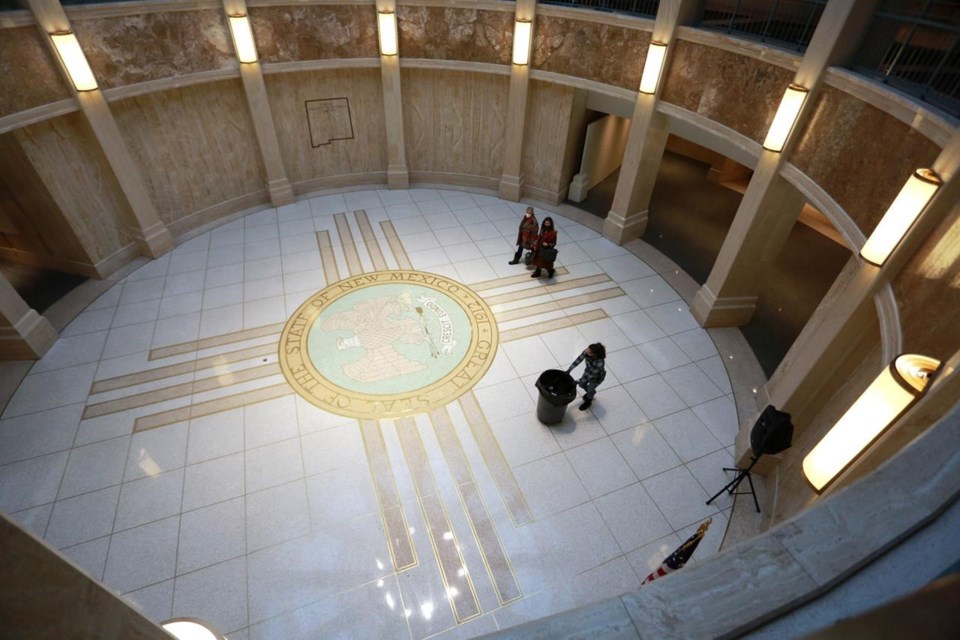SANTA FE, N.M. (AP) — Physicians and researchers are urging New Mexico legislators to allow the use of psychedelic mushrooms in mental health therapy aimed at overcoming depression, anxiety, psychological trauma and alcoholism.
A legislative panel on Tuesday listened to advocates who hope to broaden the scope of medical treatment and research assisted by psilocybin, the psychedelic active ingredient in certain mushrooms.
Oregon is so far the only state to legalize the therapeutic use of psilocybin.
Recent studies indicate psilocybin could be useful in the treatment of major depression, including mental suffering among terminally ill patients, and for substance abuse including alcoholism, with low risks of addiction or overdose under medical supervision.
Physician Lawrence Leeman, a medicine professor at the University of New Mexico, urged legislators to move forward without waiting for federal decriminalization or regulatory approval to expand responsible therapies using doses of psilocybin.
Leeman and other advocates outlined emerging psilocybin protocols, involving six-hour supervised sessions and extensive discussions about the experience in subsequent counseling. He warned legislators that public interest is spawning illicit, underground experimentation without safeguards.
“I do think there is a lot of promise from these medications,” said Leeman, who also directs a program providing prenatal and maternity care to women with substance abuse problems. “If this does go ahead, let's do this really safely, let's make sure we have people who are well trained (to administer the psychedelics) ... Let's make sure that people have counselors to see afterward.”
It was unclear whether any New Mexico lawmakers will seek legislation for the medical use of psychedelics, which are still federally illegal. The Democratic-led Legislature convenes its next regular session in January 2023.
The study of psychedelics for therapy has made inroads in states led by Democrats and Republicans alike, including Hawaii, Connecticut, Texas, Utah and Oklahoma. And psilocybin has been decriminalized in the cities of Washington and Denver as well as Ann Arbor, Michigan; Cambridge, Massachusetts; and Oakland and Santa Cruz in California.
In several states, for therapeutic use in addressing post-traumatic stress.
Currently in New Mexico, lawful access to psilocybin-assisted therapy is available mostly through clinical trials.
Yale University psychiatrist Gerald Valentine said that leaves out people with low incomes and severe afflictions. He said the University of New Mexico is expanding its expertise in psychedelics-based therapies, and that a supportive environment can be found in communities such as Santa Fe, known as a progressive hub for healing and the arts.
“These questions are starting to be answered about who might benefit from this therapy," Valentine said. “I just feel very fortunate to be in a position to really bring this forth into real world situations.”
Classic psychedelics include LSD, mescaline, psilocybin and ayahuasca. Plant-based psychedelics have long been used in indigenous cultures around the world.
At least one New Mexico church group uses hallucinogenic ayahuasca tea from the Amazon as a sacrament. A 2005 U.S. Supreme Court decision ensured access to ayahuasca imports for a temple on the outskirts of Santa Fe affiliated with the Brazil-based Centro Espìrita Beneficiente União do Vegetal.
Morgan Lee, The Associated Press




